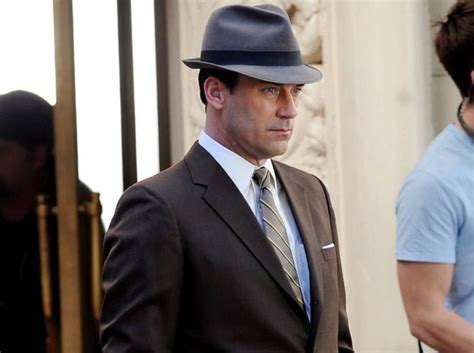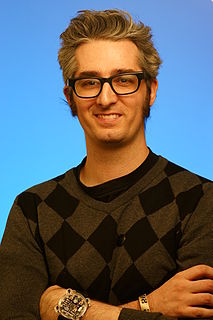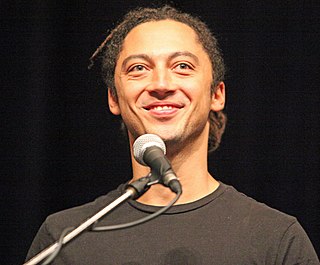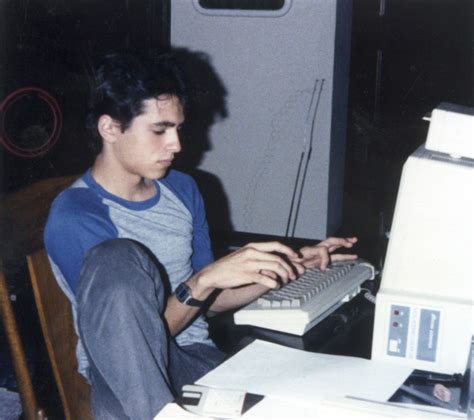A Quote by Richard Stallman
A hacker is someone who enjoys playful cleverness—not necessarily with computers. The programmers in the old MIT free software community of the 60s and 70s referred to themselves as hackers. Around 1980, journalists who discovered the hacker community mistakenly took the term to mean “security breaker.”
Related Quotes
The Hacker Ethic: Access to computers--and anything which might teach you something about the way the world works--should be unlimited and total.
Always yield to the Hands-On Imperative!
All information should be free.
Mistrust authority--promote decentralization.
Hackers should be judged by their hacking, not bogus criteria such as degrees, age, race, or position.
You can create art and beauty on a computer.
Computers can change your life for the better.
My background, I really am a computer hacker. I've studied computer science, I work in computer security. I'm not an actively a hacker, I'm an executive but I understand the mindset of changing a system to get the outcome that you want. It turns out to make the coffee, the problem is actually how the beans get turn into green coffee. That's where most of the problems happen.
When the Romani people came and settled in Gioia Tauro in the '60s and the '70s, they took over a neighborhood much like Africans are doing now that became like their "ghetto". Obviously, there are immense differences in Romani culture - there is more of a distrust of the outside and less willingness to integrate that stopped it from happening. The illiteracy rate is still very high, and they are still very much keeping themselves sectioned off from the rest of the community. I don't think that's going to happen with the African community.
It's much easier to become a hacker now. It was a private community before and you had to find your way in, like tumbling down a rabbit hole. Today, there are all-in-one desktops fully equipped with tools pre-built into the operating system, all related to hacking. They are all very powerful tools and free to download.




































